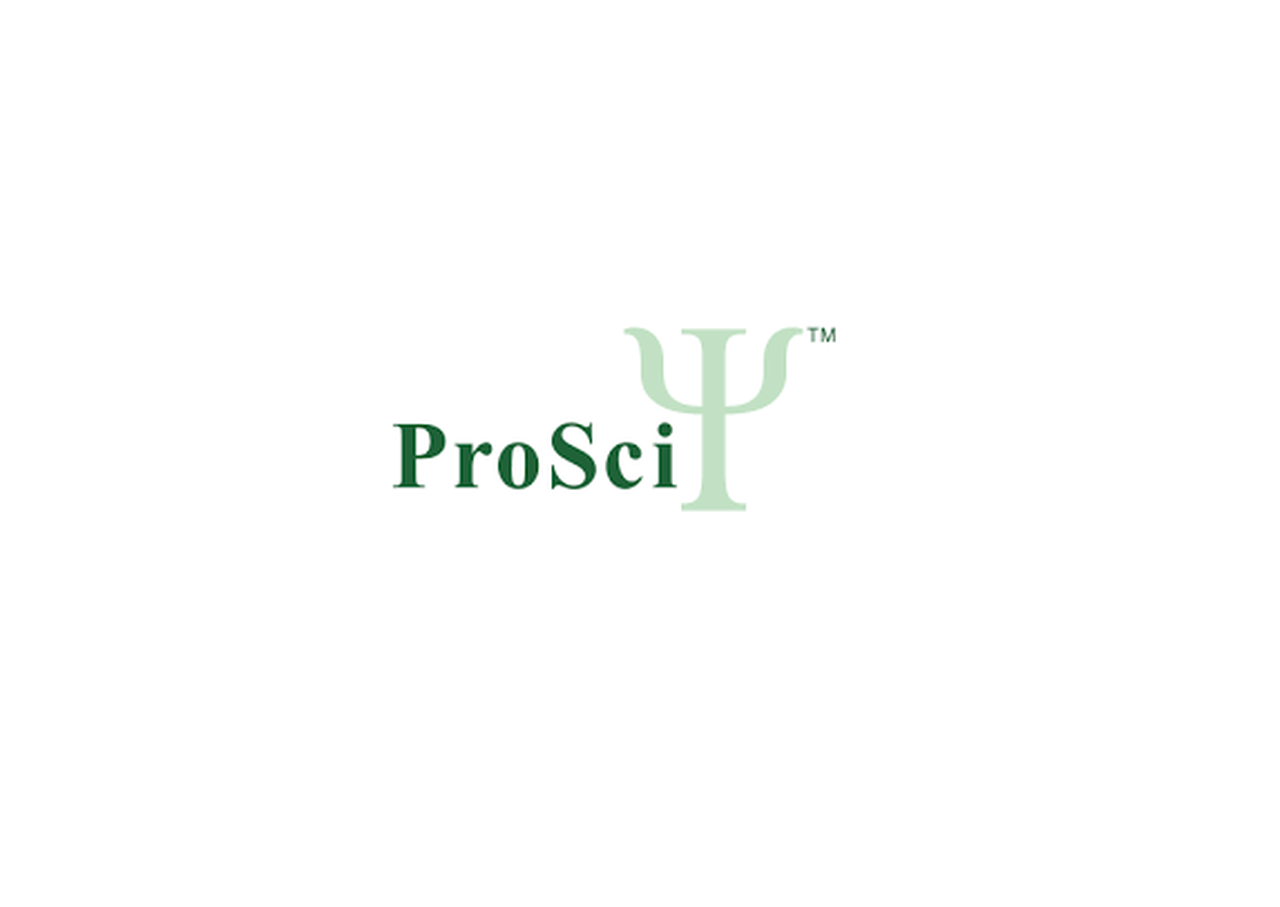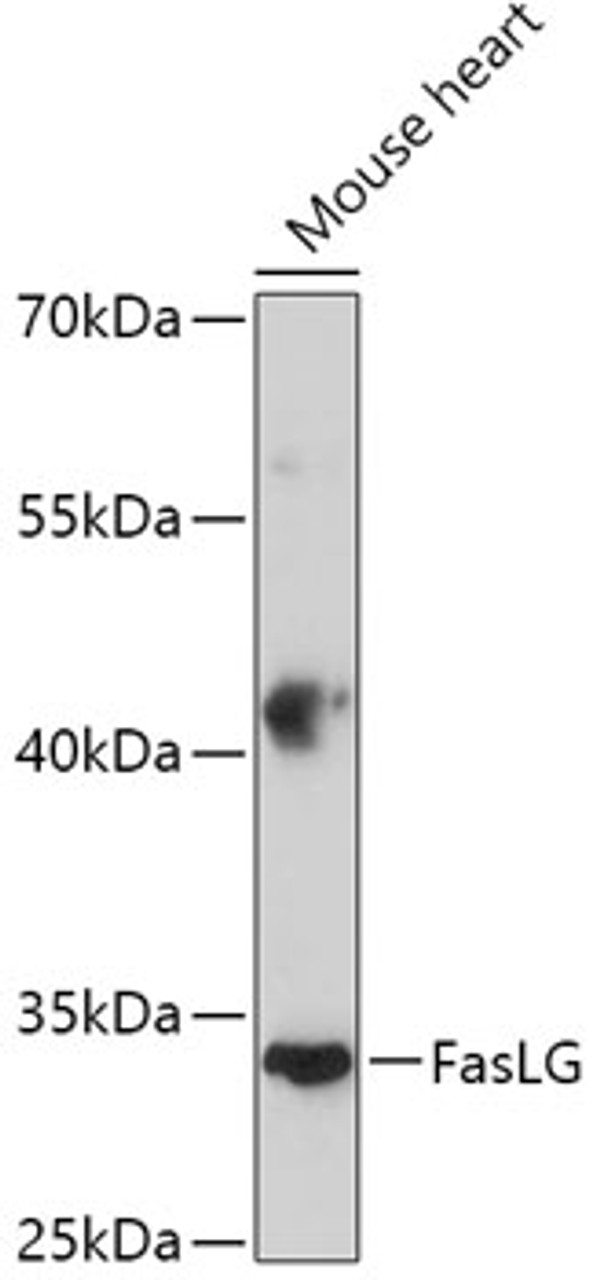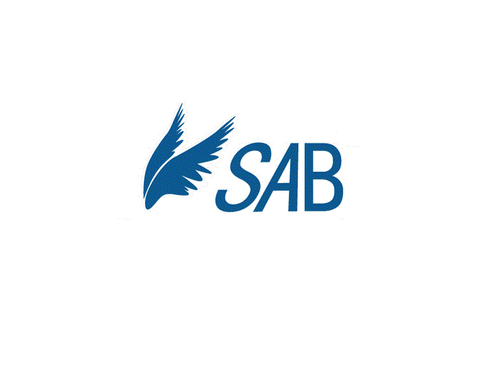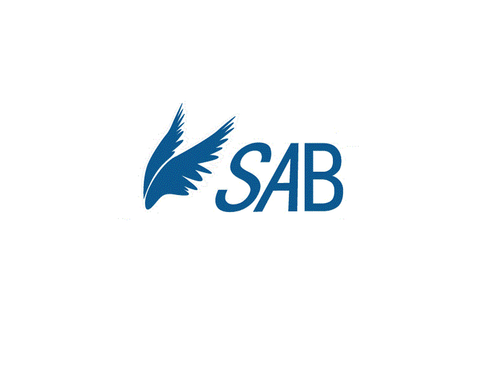Product Description
FasLG Antibody | 13-094 | ProSci
Host: Rabbit
Reactivity: Human, Mouse, Rat
Homology: N/A
Immunogen: A synthetic peptide corresponding to a sequence within amino acids 100-200 of human FasLG (NP_000630.1) .
Research Area: Apoptosis, Cell Cycle, Chemokines & Cytokines, Immunology, Innate Immunity, Stem Cell
Tested Application: WB
Application: WB: 1:500 - 1:2000
Specificiy: N/A
Positive Control 1: Mouse heart
Positive Control 2: N/A
Positive Control 3: N/A
Positive Control 4: N/A
Positive Control 5: N/A
Positive Control 6: N/A
Molecular Weight: Observed: 33kDa
Validation: N/A
Isoform: N/A
Purification: Affinity purification
Clonality: Polyclonal
Clone: N/A
Isotype: IgG
Conjugate: Unconjugated
Physical State: Liquid
Buffer: PBS with 0.02% sodium azide, 50% glycerol, pH7.3.
Concentration: N/A
Storage Condition: Store at -20˚C. Avoid freeze / thaw cycles.
Alternate Name: FASLG, ALPS1B, Apoptosis antigen ligand, APTL, CD95L, CD95 ligand, CD178 antigen, CD95-L, Fas antigen ligand, Fas ligand, FASL, TNFSF6, APT1LG1, CD178
User Note: Optimal dilutions for each application to be determined by the researcher.
BACKGROUND: This gene is a member of the tumor necrosis factor superfamily. The primary function of the encoded transmembrane protein is the induction of apoptosis triggered by binding to FAS. The FAS/FASLG signaling pathway is essential for immune system regulation, including activation-induced cell death (AICD) of T cells and cytotoxic T lymphocyte induced cell death. It has also been implicated in the progression of several cancers. Defects in this gene may be related to some cases of systemic lupus erythematosus (SLE) . Alternatively spliced transcript variants have been described.
 Euro
Euro
 USD
USD
 British Pound
British Pound
 NULL
NULL










